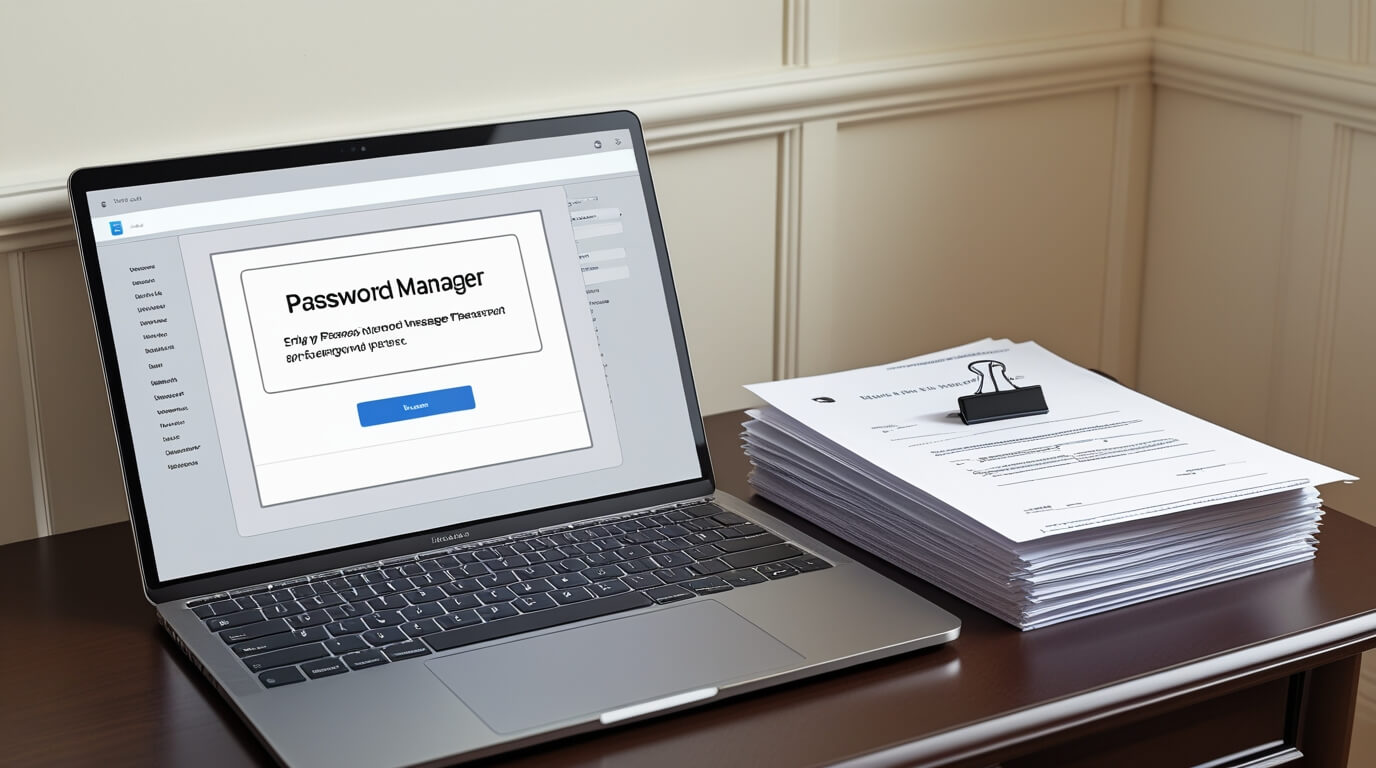In today’s hyper-connected world, estate planning is no longer limited to tangible items like real estate, bank accounts, or personal belongings. It must also account for your digital assets—the online accounts and virtual property that may carry real financial value or irreplaceable personal meaning.
From cryptocurrency wallets to cherished photo libraries, planning for your digital footprint ensures your loved ones have access to what matters most—and are spared the frustration of locked or inaccessible accounts.
What Are Digital Assets?
Digital assets are any electronic records or accounts that you own or control online. They can be personal, financial, or business-related.
Common examples include:
- Online financial accounts: PayPal, Venmo, investment apps, cryptocurrency exchanges (e.g., Coinbase, Binance), or digital wallets
- Email and cloud storage: Gmail, Outlook, Dropbox, Google Drive, iCloud
- Personal media: Digital photos, videos, family records, and genealogy databases
- Social media and websites: Facebook, Instagram, LinkedIn, TikTok, blogs, or YouTube channels
- Intellectual property: Ebooks, designs, trademarks, music, and online course content
- Online businesses: E-commerce stores, monetized platforms, subscription services, domain names
These assets can hold significant financial value, such as cryptocurrency or royalties from digital content, or emotional value, like years of family photos stored online.
Without a clear plan, even heirs named in your will may be unable to access or manage these assets.
Legal Challenges of Managing Digital Assets
Even with a will in place, managing digital assets can be legally complex. That’s because online platforms typically operate under their own Terms of Service Agreements (TOS) and privacy policies, which may prohibit unauthorized access—even by executors or family members.
Key legal challenges include:
- Unauthorized access laws: Attempting to access a loved one’s account without permission may violate federal laws like the Computer Fraud and Abuse Act or the Stored Communications Act.
- Platform restrictions: Tech companies often refuse to release account data without explicit legal authorization, regardless of family relationship.
- Incomplete estate plans: Many wills and trusts lack specific digital asset clauses, leaving executors without clear legal authority.
RUFADAA: A Critical Legal Tool
- The Revised Uniform Fiduciary Access to Digital Assets Act (RUFADAA) provides a framework for fiduciaries (like executors or agents under power of attorney) to legally manage digital assets—but only if:
- The deceased gave prior consent in estate documents, and
- The platform does not override access through their own user-designated tools
- For example, Facebook allows you to name a Legacy Contact, and Google has an Inactive Account Manager. These settings take legal precedence over estate documents under RUFADAA.
- For strategies on integrating digital and traditional estate tools, explore this estate planning case study.
How to Include Digital Assets in Your Estate Plan
Planning for digital assets doesn’t have to be overwhelming. These practical steps will ensure your online presence is manageable—and protected—after you’re gone.
1. Inventory Your Digital Assets
Create a comprehensive list of all your digital accounts and platforms, including:
- Account names and email used to register
- Purpose or value of the account (financial, sentimental, etc.)
- Where data is stored (e.g., cloud location, app, hardware)
- Two-factor authentication details, if applicable
Avoid including actual passwords in this document. Instead, use a secure password manager (discussed below).
2. Name a Digital Executor
Choose a digital executor—someone you trust to handle your digital accounts, delete or archive data, and carry out your wishes. This role can be:
- Named in your will or trust
- Separate from your primary executor (if desired)
- Granted authority specifically to manage online and virtual assets
For more on fiduciary roles, see The Role of a Trustee in an Estate Plan.
3. Provide Legal Authorization
- Ensure your will, trust, and power of attorney documents:
- Grant explicit consent for digital asset access
- Reference digital assets specifically (not just “all other property”)
- Comply with RUFADAA and relevant state laws
- A boilerplate will often won’t include this language, so have your documents reviewed or drafted by an estate planning attorney.
- Understand the value of expert drafting in Why an Attorney-Drafted Will Is Better Than an Online Template.
4. Secure and Share Password Access
- Using a password manager is a safe and organized way to store your login credentials for all your accounts. Popular tools include:
- 1Password
- Bitwarden
- LastPass
- Steps to take:
- Store master password recovery instructions in a secure physical location (e.g., safe or estate attorney’s office)
- Give your digital executor access instructions in a separate document or through the password manager's emergency access feature
- Update credentials regularly, and maintain your digital inventory accordingly
Protecting Your Digital Wealth
If you hold cryptocurrency, NFTs, or digital investments, extra precautions are necessary:
- Document wallet locations, seed phrases, and backup recovery keys
- Clarify whether assets are stored on exchanges, cold wallets, or hardware
- Protect access from being lost—since no company can recover a lost private key
For strategies to protect these high-value digital assets, consider The Benefits of an Irrevocable Trust.
Final Thoughts
Your digital life is real life—financially, emotionally, and legally. As more of our assets and memories move online, planning for these digital footprints becomes just as essential as writing a will or purchasing life insurance.
By taking proactive steps now, you’ll ensure that your online legacy is preserved, your wishes are followed, and your loved ones are protected from unnecessary legal and emotional hurdles.
“Your digital assets are part of your legacy. Treat them with the same care you give your home, your finances, and your family.”
